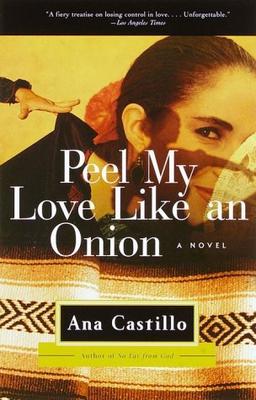From DS-Hum and H-Disability listservs (links added):
Disability in an Intersectional Lens:
A Conference of Emerging Scholars in Disability Studies
Call for Proposals
The Beyond Compliance Coordinating Committee, the SU Center on Human Policy, Law and Disability Studies and the SU Disability Cultural Center Initiative are jointly seeking proposals for our second Disability Studies Conference to be held at Syracuse University on October 9, 2010.
This conference seeks to explore all aspects of disability studies as generated by emerging scholars. We are particularly interested in papers that promote the understanding of social models of disability which emphasize cultures, histories, discursivity, philosophy, art, politics, geographies, & identities of diverse people & communities. We encourage submissions from a variety of disciplines and methodologies.
Keynote by Nirmala Erevelles, Ph.D., “The Color of Violence: Towards a Transnational Feminist Disability Studies Perspective”
This conference is dedicated to the memory and work of Chris Bell
Potential paper topics might include, but are not limited to:
• histories & archives
• linked oppressions
• cultures & communities
• effects of global capitalism
• literature, film, & the arts
• inclusion & education
• queerness & intersectional identity
• space & place
• activism & liberation politics
• transnational, colonial issues
• changing notions of identity & identity politics
• access & universal design
• race & intersectional identity
The conference is free and open to the public; everyone—students, faculty, staff, and community members are encouraged to attend.
Conference submissions: all proposals should be no more than 500 words. In addition, please include title of paper or panel, authors’ names, affiliations, and contact information. Submissions should be sent electronically to Ashley Taylor at astaylor@syr.edu by August 1, 2010.
Please inform the organizing committee of any accommodation needs at the address above.
Conference date: Saturday, October 9, 2010
(Welcome reception Friday October 8, 2010)
Deadline for submission: Sunday, August 1, 2010
Notification: Sunday, August 21, 2010
Liat Ben-Moshe
SU Disability Cultural Center Initiative
Center on Human Policy, Law and Disability Studies
805 South Crouse Avenue
Syracuse, NY 13210-1714
lbenmosh@maxwell.syr.edu


